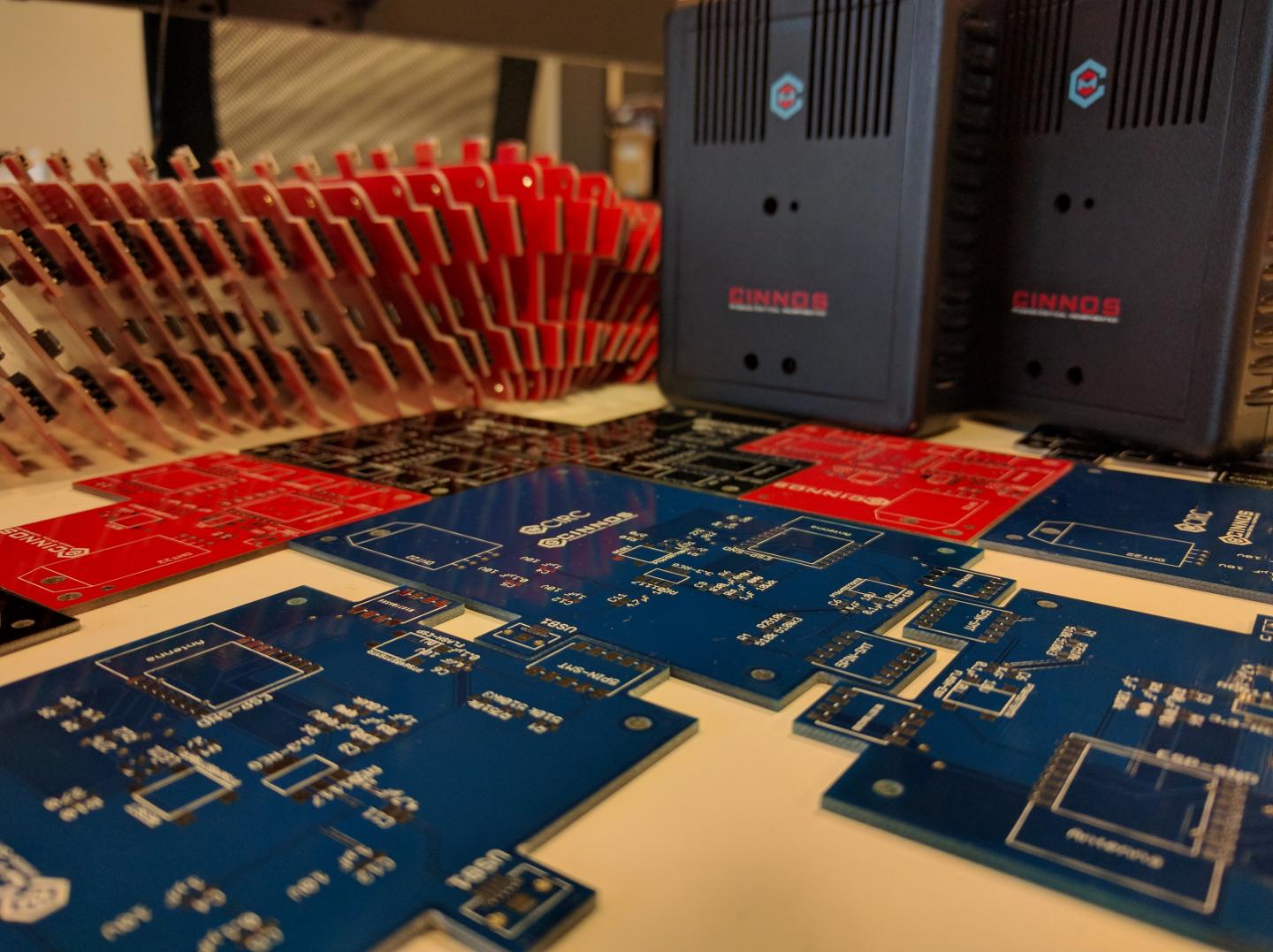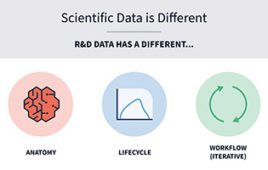
First prototype of wireless sensors for environmental monitoring of data centres, developed at CIRC, and translated by Cinnos into a minimum viable product. These units have gained traction with pilot customers worldwide. Source: McMaster University
A McMaster University research centre has a received a near $1 million grant to create a smart system that monitors the vital signs of data centres, saving companies energy, labour time, and money.
McMaster’s Computing Infrastructure Research Centre (CIRC) has partnered with Cinnos Mission Critical Incorporated, a McMaster-born data centre solutions company, to work on a better monitoring system for data centres.
Led by McMaster Engineering professors Rong Zheng, Douglas Down and Ishwar K. Puri, the project will lead to tools that analyze the performance of a data centre in real-time, to help make decisions for reducing energy usage and predict system faults and failures.
The Natural Sciences and Engineering Research Council of Canada (NSERC) awarded a Collaborative Research and Development (CRD) grant of nearly $1 million to CIRC over five years for this project.
Industry partner Cinnos is contributing $580,000 in cash and $500,000 in kind.
“This project revolutionizes data centre operations by continuously monitoring its performance,” says Ghada Badawy, the project’s Principal Research Engineer. “The analytics algorithms we are developing will use the performance metrics to automate infrastructure management decisions and fault diagnosis in real time.”
“The technologies from this project will produce the best-in-class data centre infrastructure management (DCIM) systems in the $100B+ global data centre industry. The solution will be developed and delivered from Hamilton, ON, adding high quality jobs” says Hussam Haroun, founder and CEO of Cinnos, and a veteran of the data centre industry with $100M+ worth of data centres built to his name.
“CIRC is founded on a pioneering model of university-industry collaboration,” says Suvojit Ghosh, the centre’s co-founder and Executive Director. “We magnify the societal and economic impact of our research through daily interactions with our industry partners.”
With the amount of digital information growing in society, so is the demand for data centres. Most centres are inefficiently designed, using only about 15% of their capacity. Each centre has thousands of differently designed components, which can make it difficult to standardize real-time monitoring. The amount of data generated during monitoring and how to read it is a big challenge.
The McMaster project will create a system that can more effectively monitor data and analyze the findings with minimal human intervention through the development of sophisticated algorithms that learn from past operations of a data centre.
The project is underway and expected to last five years.




